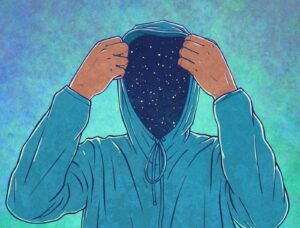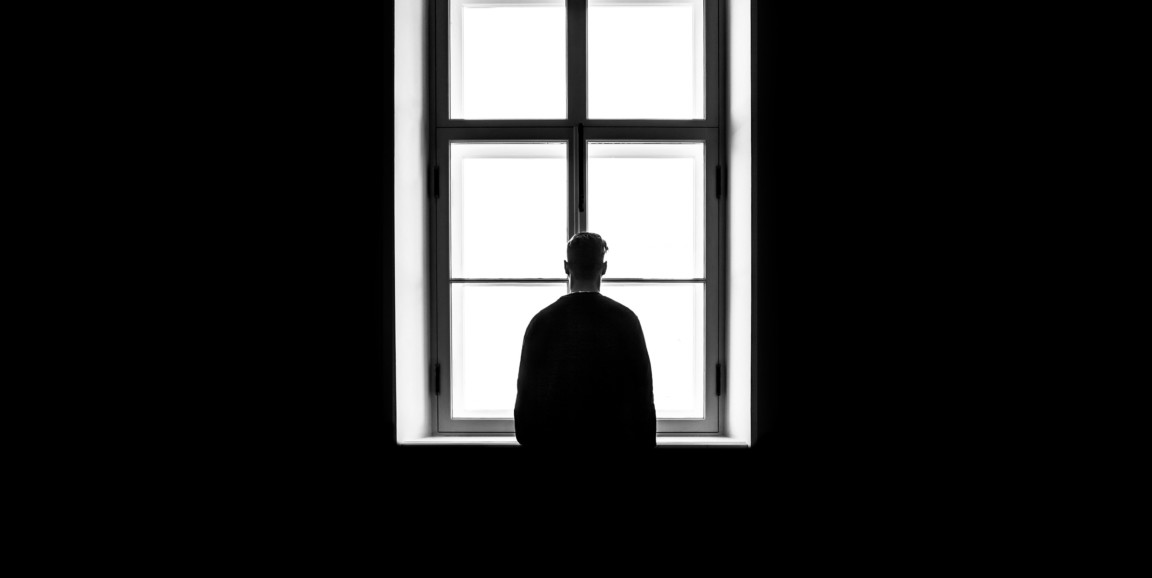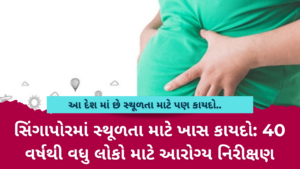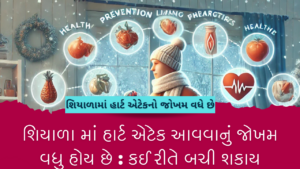• Headache, generalized body aches, upset stomach, pains without a clear physical cause, could all be signs of depression.
• Depression is the single largest contributor of global disability.
• Almost 50% of people diagnosed with depression also have anxiety disorder.
• Depression is treatable, but 35% of adults don’t opt for treatment.
Is depression just about being sad? Is depression very short termed? When does one need to seek help? Will I suffer from depression because my parents did? At some point, we have had some of these questions in our minds. Maybe some looked for answers, some didn’t.
Depression is defined as a very common and serious medical condition, which negatively affects the way you think, act and feel. It is a mood disorder which manifests emotionally as well as physically. Depression is much more than bouts of blues, and you can’t just snap out of depression. It is definitely not a choice or a way of living.
Mental illness is a complex umbrella. To pin-point exact cause of it, is an impossible task. Depression, the same way can be traced to multiple causes. From stressful events in life, to substance abuse, the root can lie anywhere. More commonly depression is linked to genetics, but as a matter of fact, only 37% of people clinically diagnosed with major depressive disorder had genetic pre-disposition to the illness. So, genetics of depression is a cause but not always. People who had been through physical, emotional, s exual abuse, especially at tender age reported much more incidences of depression than people with genetic link of depression. Stressful events in life like loss of a loved one, separation from someone important, losing an income, being cast out of the family or the society for any personal reasons, substance abuse and issues along the same lines have been found to be a major contributor in depression. Drugs and alcohol may relieve the symptoms momentarily, but they are actually only aggravating the real problem. Being a woman, automatically increases your risk of suffering from depression. Women are twice as likely to suffer from depression than men, and nobody knows why.
exual abuse, especially at tender age reported much more incidences of depression than people with genetic link of depression. Stressful events in life like loss of a loved one, separation from someone important, losing an income, being cast out of the family or the society for any personal reasons, substance abuse and issues along the same lines have been found to be a major contributor in depression. Drugs and alcohol may relieve the symptoms momentarily, but they are actually only aggravating the real problem. Being a woman, automatically increases your risk of suffering from depression. Women are twice as likely to suffer from depression than men, and nobody knows why.
Is feeling sad the same as being depressed? NO. We need to understand that depression is a clinical condition with a lot of symptoms. For many people, symptoms of depression are severe enough to hamper their day-to-day activities, for some the symptoms maybe mild and go unnoticed. Also, it is important to note that depression might manifest in different ways for different people, like for example, some people may experience disturbances with their appetite, some may eat more and gain weight while some may not eat at all and lose weight. For some its insomnia, for some it’s too much sleep. People experience a constant feeling of sadness, worthlessness and hopelessness. Anxiety issues have been closely related to depression. People more commonly lose interest in activities which were once interesting and pleasurable. Making decisions, concentrating on tasks, finding motivation to start something new, becomes very difficult. Outbursts of anger, tears, restlessness over trivial matters becomes very common. More severe manifestation of depression could be in form of suicidal thoughts or even suicide attempts.
If one experiences such symptoms for some period of time, a visit to a doctor should be considered. Talking to a friend or a therapist could help. There are diagnostic methods available for depression. Your doctor may do a physical examination, a psychiatric evaluation which will include a questionnaire and a lot of talking to know about your thoughts, symptoms and behavioral patterns. Based on all the information, a diagnosis will be made. Depression is further divided into a lot of different types. It is vital to have a proper diagnosis so treatment can be initiated as soon as possible.

Treating depression is a little tricky. But with treatment 85% of the cases have been resolved. The most recommended treatment option is a mix of anti-depressants and psychotherapy. Your doctor will prescribe you anti-depressants, which you should take without skipping doses or altering the dose. Any change in the treatment regime should only be made after talking with the doctor. Therapy is equally important. Therapy helps one to understand the root cause of depression. Which will help in proper medical treatment.
Mental health is as important as physical health. Keep in mind that, whatever the issue is, help is available. Accept and act.
-STAY HEALTHY
Dr. Aishwarya Nair













